Why Does Your Cat Sleep on Your Head?
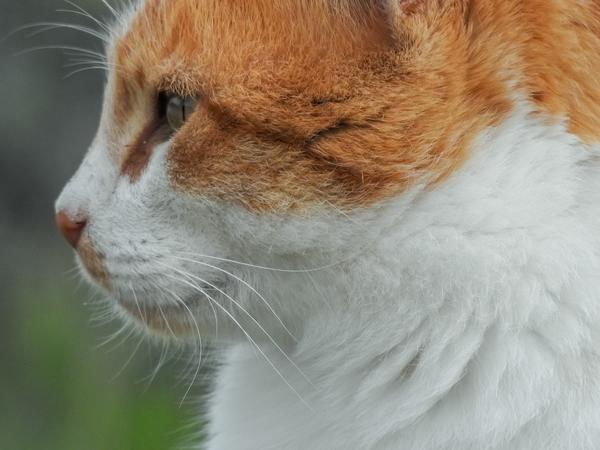
Struggling to sleep?
Wondering why your cat chooses your head as a cozy bed? 😺
We've all been there, tossing and turning while Fluffy snoozes like royalty.
But fret not, my friend.
Let's dive into the fascinating world of feline logic and uncover the secrets behind this puzzling behavior.
Ready to debunk the myth and find some sweet slumber?
Let's begin.
Reasons Why Your Cat Sleeps Above Your Head
Ever wondered why your cat loves curling up above your head when it's time to catch some Zs?
Well, there are a few reasons behind this intriguing behavior, and here they are:
- Cats are natural climbers, so they have an affinity for high places. Sleeping above your head gives them a prime vantage point to keep an eye on their surroundings and feel secure.
- Warmth is like a magnet for cats, and the head area emits heat that your furry friend finds irresistible. Plus, your scent adds an extra layer of coziness, making it even more appealing for them to sleep by your head.
- When your cat snoozes above your head, it's not just about comfort; it's also about emotional bonding. By releasing pheromones and engaging in grooming behavior, they strengthen the precious bond between you two.
- Your cat prioritizes safety and stability when choosing a place to crash. Sleeping on your head minimizes any disruptions caused by your restless tossing and turning, ensuring uninterrupted sleep for both of you.
But wait, there's more!
- Another reason why cats love snoozing above your head is because they genuinely enjoy being close to you. This proximity fosters trust and a sense of belonging in their feline hearts.
- Your head serves as a cozy little shelter that keeps your cat protected from potential threats or predators while it dreams away.
- By settling in such a position, your cat can always keep one eye on you. This visual contact offers reassurance and a feeling of security in their tiny kitty world.
So, the next time you wake up with your feline buddy napping above your head, remember these reasons.
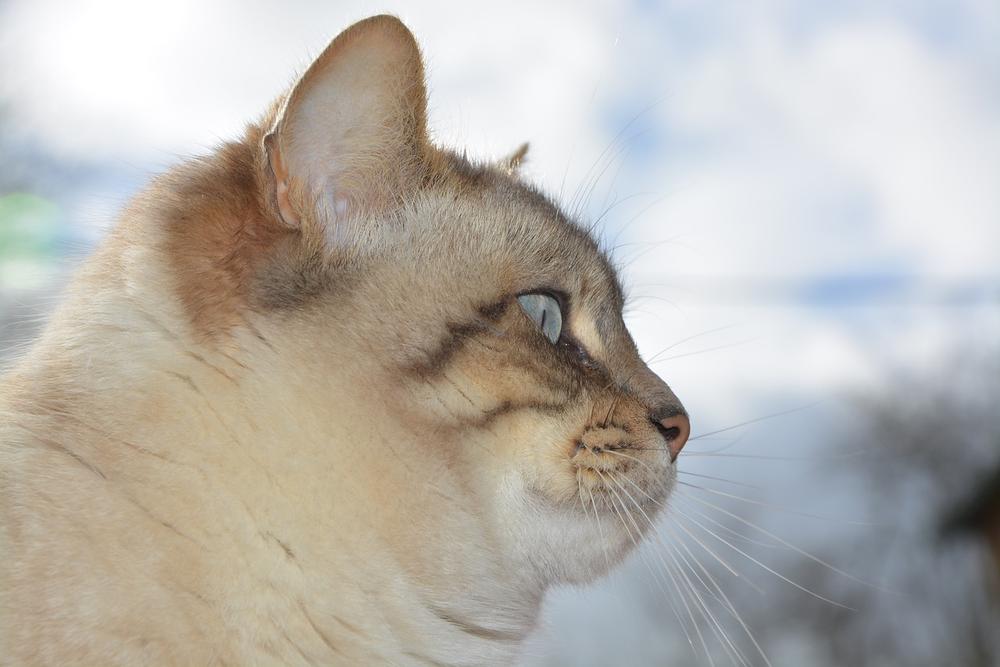
It's their unique way of seeking comfort, closeness, and protection in your presence.
And if you're wondering why your cat seems to prefer your husband over you, I've got you covered.
In my blog post, I delve into possible explanations and offer advice for this puzzling feline behavior.
To understand more about why your cat shows a preference, check out my article on Why Does My Cat Like My Husband More Than Me.
Understanding Your Cat's Sleep Patterns
To keep the peace with your cat, you should understand their sleeping habits.
While each cat is different, most follow these general patterns:
- Cats sleep a lot - about 12-16 hours a day on average. So don't worry if you see your cat dozing off frequently.
- Cats are active during dawn and dusk. If your cat wants to play at those times, you might have to adjust your schedule.
- Cats go through different sleep phases - light sleep, deep sleep, and REM sleep. Knowing when your cat is in each phase can help you decide whether to interact with them or let them snooze peacefully.
- Create a cozy sleeping area for your cat with soft blankets or cat beds. You could also set up a cat tree or designate specific spots for them to sleep.
- Unless necessary, try not to disturb your cat while they're asleep. They need uninterrupted rest for their well-being.
- Before bedtime, play with your cat to tire them out and help them sleep better. Engaging in interactive play sessions will help them get rid of excess energy.
- Sometimes cats like to sleep in hidden places like closets or under furniture. Make sure you provide safe hiding spots where they can sleep undisturbed.
- Keep an eye out for any changes in your cat's sleep pattern. These changes could be a sign of illness or stress. If you notice anything significant, consult a veterinarian.
Having a good understanding of and showing respect for your cat's sleep patterns will lead to a peaceful and rested connection with your furry companion. 😺
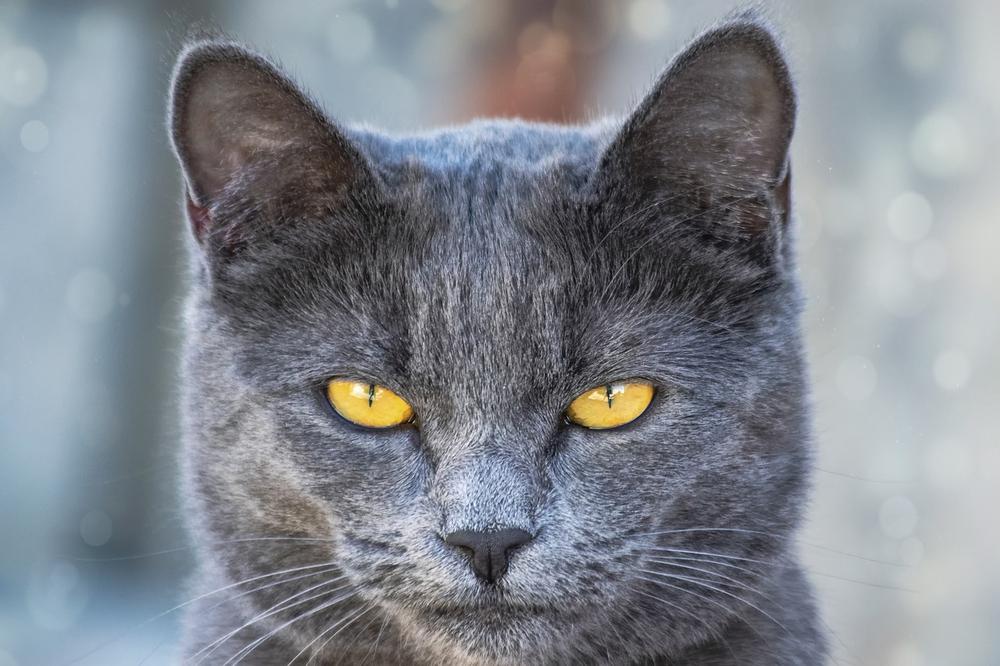
But what if your cat insists on sleeping on your head?
In the next section, I'll share some practical tips to help you encourage them to choose a different spot, ensuring both you and your feline friend get a good night's sleep.
Trust me, you won't want to miss these suggestions!
Creating a Comfortable Sleeping Environment for Your Cat
You gotta ensure your cat can sleep comfortably to keep them happy and healthy.
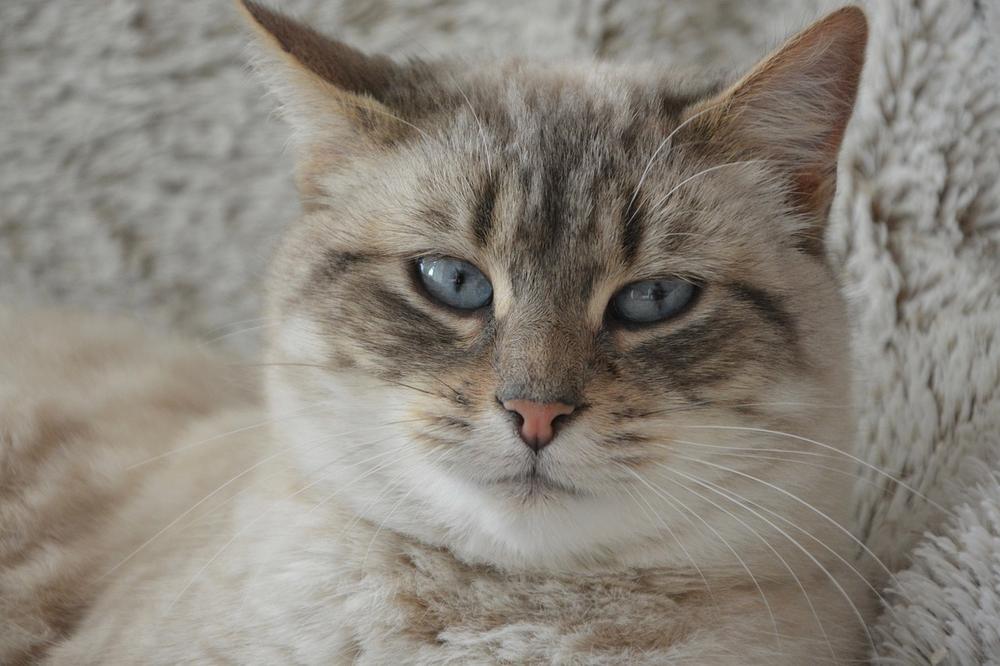
Here's how you can create the perfect spot for your furry friend:
- Find a nice, quiet place in your house where they won't be bothered. A spare room or a cozy corner of the living room should do the trick.
- Get them a comfy bed or blanket that's soft and cozy. Cats love that stuff, so pick something they'll enjoy snuggling up on.
- Slowly adjust their feeding schedule to match your own sleep routine. This way, they'll start feeling sleepy at night and won't interrupt your precious zzz's.
- Before bedtime, play with them to get rid of their excess energy. It'll mimic hunting and tire them out, making it easier for them to snooze. And don't forget to give them a little treat when they're ready for bed!
- If your cat keeps sleeping on your head (which let's be honest, can be annoying), try putting a heated cat bed close to your own sleeping area. The warmth will attract them and give them their own cozy spot.
- When you're awake, spend some quality time bonding with your feline friend - cuddling on the couch or letting them relax on your chest. But when it's time for sleep, gently move them to their heated bed.
Create a cozy sleep haven for your feline friend that ensures their comfort while allowing you to get some shut-eye as well, simply by adhering to these simple instructions.
But have you ever wondered why your cat specifically chooses to sleep on your head?
I'm here to reveal the fascinating reasons behind this behavior!
Benefits of Sharing a Bed With Your Cat
Sleeping with your cat can bring you closer in ways you might not realize.
Here are the perks of snuggling up together:
- Sleep comes easier when cats have a calming effect on you.
- Your stress and anxiety take a backseat when your feline buddy is around.
- The warmth from their cozy bodies adds extra comfort as you snooze.
- You feel safe and protected with your furry companion by your side.
- Cozy slumber strengthens your bond with your cat.
- When your cat chooses to sleep near or on you, it's their way of expressing love and trust.
- Having your cat want to sleep with you reaffirms their affection for you.
- Cats have peculiar sleep patterns that make watching them doze off fascinating and entertaining.
- Waking up next to your cat makes for sweet bonding moments every morning.
So, if you're open to the idea, letting your cat sleep in bed with you can enhance your relationship and bring emotional and physical perks for both of you. 💤
And if you're wondering why your cat chooses to sleep on you, I have the answer for you.
Discover the reasons behind your feline companion's cozy habits by reading my blog post Why Does My Cat Sleep on Me.
Drawbacks of Sharing a Bed With Your Cat
Sleeping with your cat can come with its downsides, so you need to be aware of the potential issues. Here are some things you should think about:
- One big concern is the possibility of increased exposure to allergens, which can make your allergy or asthma symptoms worse if you already have them.
- Your cat has the ability to expose you to parasites and bacteria that could affect your health. To minimize this risk, maintaining good hygiene is crucial.
- Another drawback is that your cat's nighttime playfulness can disrupt your sleep, especially if you're someone who tends to wake up easily.
- Disease transmission is also something you need to be cautious about, especially near your face. This is particularly important for those with allergies or sensitivities.
- In order to lessen the negative effects, it's important to practice good personal hygiene and regularly clean your bedding. Doing so helps reduce allergens and keeps your sleeping space clean.
Considering these factors will help you make an informed decision about whether sharing a bed with your cat is right for you.
How to Stop Your Cat From Sleeping Above Your Head
Transition your cat to a new sleeping spot.
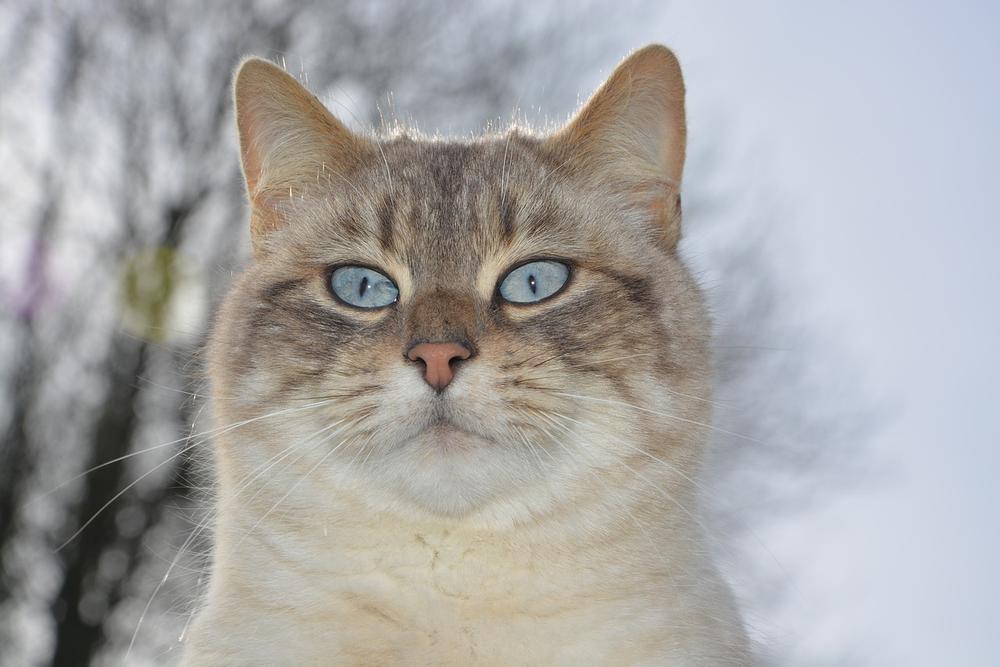
A heated cat bed or comfy cushion by your own bed could be cozy options.
When they choose these spots, reward them with treats and positive reinforcement. During the day, engage in playtime and offer stimulation to discourage nighttime perching on your head.
If their presence disrupts your sleep, train them to shift to a different area of the bed. Patience and consistency come into play, but the result will be predictable behavior and a more delightful routine for both of you.
Final Tips for Peaceful Cat Sleeping Habits
Summary/Key Takeaways:
- Cats are drawn to warmth and the scent of their owners, making the head area an appealing spot to sleep.
- Sleeping on their owner's head serves as a way for cats to emotionally bond and release pheromones.
- The head is a safe and stable sleeping location, ensuring minimal disturbance from restless movements.
- Cats have different sleep patterns than humans and are most active at dawn and dusk.
- Adjusting feeding and engaging in pre-sleep activities can help align your cat's sleep schedule with yours.
- Sleeping beside you is a sign that your cat trusts and feels safe with you.
- Sharing a bed with your cat can improve sleep, relieve stress, and provide warmth and security.
- Maintaining good hygiene and considering allergies and asthma are important factors to consider.
- Playing with your cat and providing stimulation during the day can discourage them from sleeping above your head at night.
- Training your cat to sleep in a different area of the bed may be necessary.
And that wraps up today's article.
If you wish to read more of my useful articles, I recommend you check out some of these: Why Does My Cat Purr Constantly, Cat Makes Groaning Noise When Sleeping, Why Does My Cat Wait Outside My Bedroom Door, Why Does My Cat Lay and Sleep Between My Legs, and Why Cat Ducks When I Pet Him
Talk soon,
-Sarah Davis